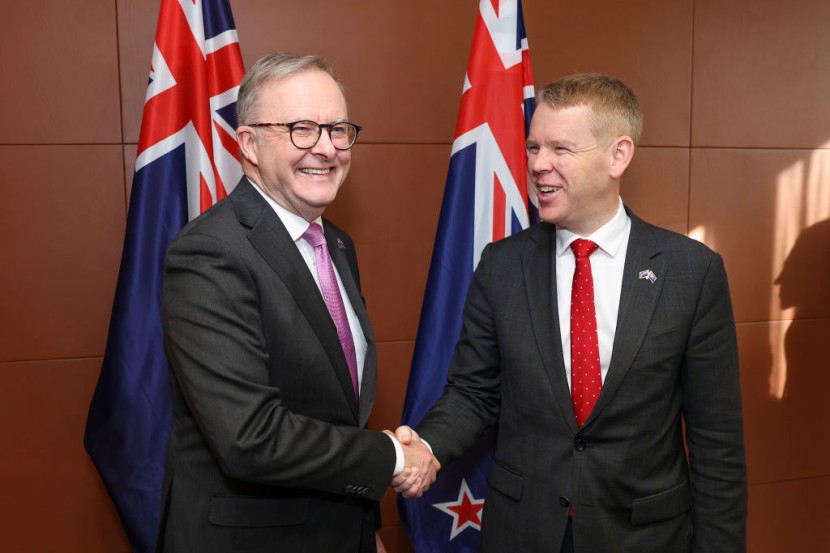
New Zealand (NZ) reiterated its decision to remain nuclear-free as its nearest neighbor, Australia, plans to acquire nuclear-powered submarines for its own navy.
The decision to not intervene with Australia's nuclear sub-acquisition was made after Australian Prime Minister Anthony Albanese visited Wellington Wednesday (July 26) for the first time after assuming office, as reported by the Associated Press.
While he emphasized the growing trans-Tasman closeness, including plans to make travel easier at the border, there are significant splits between the neighbors on many geopolitical issues, such as the AUKUS submarine deal brokered between Australia, the UK, and the US.
Hipkins: Anything Nuclear Still a No-No
Some observers are concerned NZ's defense efforts risk becoming marginalized for being left out of the deal, but NZ Prime Minister Chris Hipkins insisted Canberra and Wellington have different positions about everything nuclear, including nuclear propulsion for submarines.
In response, Albanese said there were "no plans" to include NZ in a further stage of the AUKUS pact as both countries "already have an important relationship in defense."
NZ's opposition to all things nuclear stemmed back to the 1980s as an opposition to nuclear testing in the Pacific and has since been an issue in the country's defense relationship with both the US and Australia.
Nevertheless, NZ remains a member of the Five Eyes, an intelligence-sharing alliance with Australia, the US, the UK, and Canada.
Albanese, Hipkins Concerned about Solomon Islands
Both Albanese and Hipkins expressed concern in a joint statement about the new police cooperation plan between China and the Solomon Islands, which they said would "undermine the Pacific's agreed regional security norms."
In the meantime, both prime ministers are also busy co-hosting the 2023 FIFA Women's World Cup.








